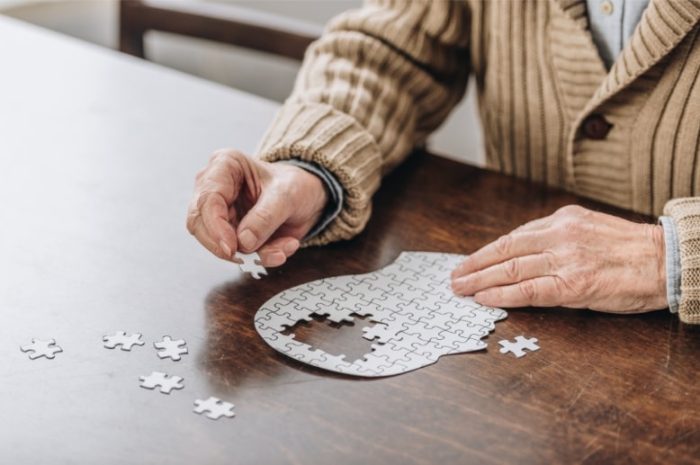Mind Matters: Boosting Brain Health in Alzheimer’s Through Fun and Connection

Alzheimer’s disease, a relentless condition that affects millions worldwide, gradually erodes memory and cognitive function. While there is no cure, numerous studies emphasize the importance of mental stimulation in slowing its progression. Engaging activities like puzzles, memory games, and social interactions play a crucial role in maintaining cognitive health and enhancing the quality of life for those living with Alzheimer’s.
Puzzles: Exercising the Brain
Puzzles, whether jigsaw, crosswords, or Sudoku, are more than just entertaining pastimes. They challenge the brain, encouraging problem-solving and critical thinking. When individuals with Alzheimer’s engage in puzzle-solving, they stimulate neural pathways, which can help maintain cognitive functions.Benefits of Puzzles:
Enhance Problem-Solving Skills: Solving puzzles requires concentration and logical reasoning.
Improve Memory: Remembering shapes, colors, and patterns boosts short-term memory.
Provide a Sense of Accomplishment: Completing a puzzle can uplift mood and self-esteem.
Memory Games: Strengthening Recall Abilities
Memory games, such as matching cards or reminiscence activities, are designed to sharpen memory and recall skills. These games encourage players to remember and recognize patterns, which can help strengthen neural connections.Benefits of Memory Games:
Boost Cognitive Skills: Regular practice can improve overall cognitive functions.
Encourage Social Interaction: Many memory games can be played in groups, fostering social engagement.
Promote Mindfulness: Concentrating on the game helps in focusing attention and mindfulness.
Social Interactions: Building Emotional Connections
Human connections are vital for emotional and cognitive well-being. Social interactions, whether through conversations, group activities, or simply spending time with loved ones, provide emotional support and mental stimulation. They also offer opportunities for individuals with Alzheimer’s to practice communication and social skills.Benefits of Social Interactions:
Reduce Feelings of Isolation: Regular interaction helps in combating loneliness and depression.
Improve Mood: Socializing often leads to laughter and positive emotions, which are crucial for mental health.
Maintain Cognitive Functions: Engaging in conversations keeps the mind active and engaged.
Suitable Activities for Alzheimer’s Patients
Arts and Crafts: Activities like painting, knitting, or pottery allow for creativity and fine motor skill practice.
Music Therapy: Listening to or playing music can evoke memories and emotions, providing comfort and joy.
Exercise Classes: Gentle exercises, such as yoga or tai chi, promote physical health and cognitive function.
Gardening: Tending to plants can be therapeutic and offers sensory stimulation.
Storytelling: Sharing stories from the past helps in reminiscence and strengthens memory.

Conclusion
Incorporating these activities into the daily routine of someone with Alzheimer’s can significantly impact their cognitive health and overall well-being. Mental stimulation through puzzles, memory games, and social interactions offers a beacon of hope in slowing the progression of this challenging disease.
We’d love to hear from you! Share the activities that have been beneficial for your loved ones with Alzheimer’s in the comments below. Your experiences could inspire and help others in the community. Let’s support each other in this journey toward better cognitive health.
